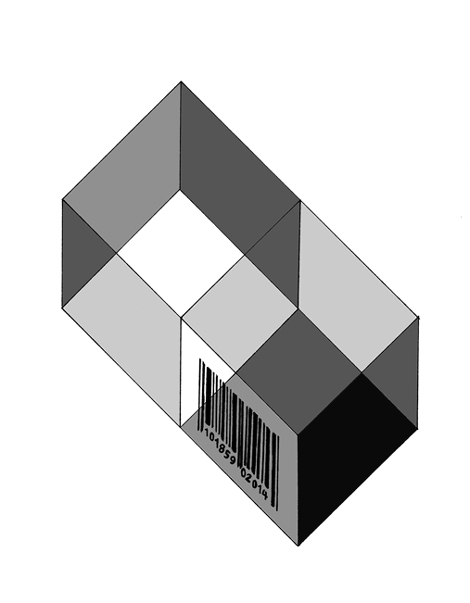The Cooper Union’s School of Art is a very good place to go to college, and it’s free if you get in, but everyone who ever went has wondered at some point: Why does this place even have a school of art?
There’s a School of Engineering which, okay, makes sense: Not only was the school’s founder—Peter Cooper—an engineer (back when it required shovels and dynamite), but those people make the Internet and cars. You can see 150 years of serious trustees thinking we need things like that. There’s also a School of Architecture, which clearly has its uses—people like buildings. Also, the School of Architecture is like 20 students a year, a pretty small price to pay for protection from the elements.
The School of Art, on the other hand, is three times that size and what did it produce? Joel-Peter Witkin, Wangechi Mutu, the guys who invented Betty Boop and Batman, Eva Hesse, Alex Katz, me. A mixed bag, but basically an awful lot of disturbing imagery and Jews.
As soon as I heard people were occupying the president’s office, demanding that tuition remain free, refusing to go, I knew immediately who was responsible: art students. I headed over.
They were well-organized. They were good-natured, tech-saavy, serious and heterogeneous. They had some kids from architecture and engineering there, too. They offered me pizza. It was May 8th, 2013, the first day. They stayed for two-and-a-half months and the concessions they won in the end were equivocal. They may yet save Cooper Union, they may not.
The first time the current school president agreed to meet with the students he fed them a line about how since he studied violin he experienced the plangency of their distress like a Bach concerto and keenly felt the pained ostinato of their frustration but…well, fuck you people, tuition’s going up to $20K a year, please leave. The administration is petty, myopic, tone-deaf and dense in a way you only get in suits too small-fry or back-door to have ever seen themselves on TV.
Like so many of America’s problems, Cooper Union’s problem would be easy to solve if America (or even just New York, or, hell, even just New York’s billionaire mayor) decided it was a problem. Peter Cooper saw problems: having himself “started in life with naked hands and an honest purpose,” he wanted there to be a place that would help anyone get where he had gotten—even if they were black or Catholic or a hobo or a girl. He wanted his Union to have tools and useful machines and courses in architectural drafting and he wanted it—strangely and serendipitously for me and everyone else scribbling on dividers in the back of overcrowded classrooms in dying schools with metal detectors over the door—to have the Female School of Design, where women would learn to work telegraph machines and cameras and which evolved into the School of Art. And he wanted it all in 1859. Are there, in 2013, those of means who still want it?
There was something touchingly parental about the scattershot of Peter Cooper’s vision—Come, let me show you this, it may come in handy some day. And the expansion of this industrious familial ideal to include what we did, in the art school, struck us as unusual and special—yes, you were at an art school, but at the Cooper Union that does not mean a machine designed to parasitize and babysit the laziest run-off of the creepy wealthy. Here you are part of the project. The Republic needs you—it needs Betty Boop, Batman, Repetition Nineteen III (1968), Woman With Severed Head (1982) and I Heart New York mugs (Milton Glaser, class of ’51). It takes the tired and the poor and it even takes artists.
Even if Cooper collapses, someone somewhere will still make provisions to turn dirt- poor children with math talent into biomedical chemists and computer programmers for some time to come. But artists?
A free Cooper Union is a monument to the idea of art as a wanted thing—something that might have civic and civil virtue—or at least use. I don’t know if America wants that anymore. I don’t know if art wants that anymore. But it was a rare warm gift to be held for four years in the arms of an America that still had some unconditional love to give to the idea of having culture just because it was good to have it, and it will mark the beginning of a much worse world when that quaint decency at long last dissipates and dissolves.


